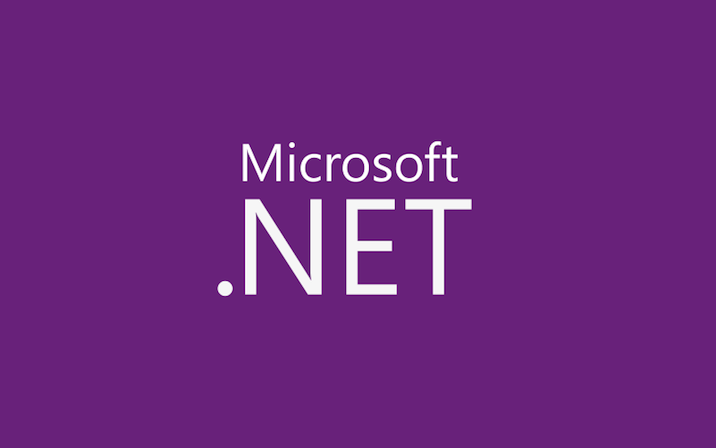


Interested in parallel computing? We’re hiring!

Parallel.Invoke() vs. Explicit Task Management

TaskCreationOptions.PreferFairness

Processing Streams with PLINQ

Asynchronous methods, C# iterators, and Tasks

Don’t dispose of objects that you don’t own

Parallel For Loops over Non-Integral Types

Cancellation in Parallel Extensions


 Light
Light Dark
Dark